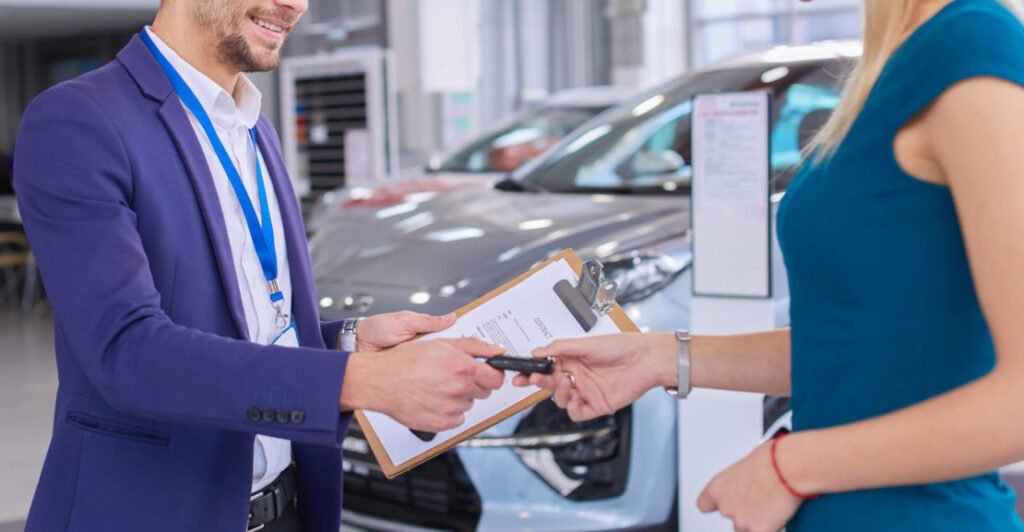Introduction
Selling your junk car for scrap can be a smart way to dispose of a vehicle that’s no longer roadworthy, but the process can seem daunting if you’ve never done it before. Whether your car is too old, damaged beyond repair, or simply not worth the cost of fixing, scrapping it can offer both financial and environmental benefits. Here are five expert tips to help you navigate the process efficiently and get the best value for your car.
1. Understand the Value of Your Car
Before you decide to scrap your car, it’s crucial to understand its value. Cars are generally valued for their weight in metal, but other factors can also play a role in determining their worth:
- Make and Model: Some car brands and models are more valuable due to the type of metals used and the demand for their parts.
- Age and Condition: Newer cars or those in relatively good condition can fetch higher prices.
- Parts and Components: If your car has functioning parts that are in demand, you might get more money by selling these parts individually.
You can get an estimate of your car’s scrap value by using online calculators or contacting local scrapyards. Provide them with details about your vehicle, including its make, model, year, and condition. This will give you a baseline to negotiate from.

2. Choose a Reputable Scrapyard
Not all scrapyards are created equal. Choosing a reputable scrapyard ensures that you get a fair price and that your car is disposed of in an environmentally friendly way. Here are some tips for finding a trustworthy scrapyard:
- Check Reviews and Ratings: Look for online reviews and ratings from previous customers. Websites like Yelp, Google, and the Better Business Bureau can provide valuable insights.
- Compare Prices: Get quotes from multiple scrapyards to ensure you’re getting the best deal. Be wary of offers that seem too good to be true.
- Verify Licensing: Make sure the scrapyard has a license and follows local regulations for recycling and disposing of vehicles. This ensures environmentally responsible processing of your car.
A good scrapyard will also handle the necessary paperwork and guide you through the process, making it as smooth as possible.
3. Prepare Your Car for Scrapping
Before you take your junk car to the scrapyard, there are a few steps you should take to prepare it:
- Remove Personal Belongings: It’s easy to forget personal items in your car. Check the glove compartment, under the seats, and in the trunk to ensure nothing is left behind.
- Remove Valuable Parts: If your car has parts that are still in good condition, you might want to remove and sell them separately. Items like the battery, tires, and sound system can be sold for a higher price than you would get from scrapping the whole car.
- Drain Fluids: Some scrapyards require you to drain all fluids (oil, coolant, gas, etc.) from your car before bringing it in. Check with the scrapyard to see if this is necessary.
Taking these steps can help you get a better price for your car and make the scrapping process smoother.
4. Understand the Paperwork Involved
Selling a car for scrap involves more than just handing over the keys. You’ll need to take care of some paperwork to complete the process legally:
- Title Transfer: In most places, you need to transfer the title of the car to the scrapyard. This ensures that you are no longer legally responsible for the vehicle. If you don’t have the title, check with your local DMV for options.
- Bill of Sale: A bill of sale is a document that records the sale of your car to the scrapyard. It typically includes details like the vehicle identification number (VIN), make and model of the car, sale price, and the names and signatures of both parties.
- Notify Your Insurance Company: Cancel your car insurance once the sale is complete. This prevents you from paying for a policy on a car you no longer own.
Handling the paperwork correctly ensures that the sale is legal and that you are free from any future liabilities related to the car.

5. Maximize Your Earnings
While scrapping a car might not make you rich, there are ways to maximize your earnings:
- Sell Parts Individually: As mentioned earlier, selling valuable parts individually can often get you more money than scrapping the whole car. Research the market value of parts like the catalytic converter, battery, and tires.
- Timing Matters: The price of scrap metal fluctuates based on market conditions. If possible, wait to sell your car when prices are high.
- Negotiate: Don’t accept the first offer you receive. Use the quotes you’ve gathered to negotiate a better price. Be prepared to walk away if you don’t get a fair deal.
By following these tips, you can ensure that you get the best possible value for your car when selling it for scrap.
Conclusion
Junk car removal for scrap is a practical solution for vehicles that are no longer worth repairing. By understanding your car’s value, choosing a reputable scrapyard, preparing your car, handling the paperwork, and maximizing your earnings, you can navigate the process with confidence and ease. Remember, a little effort and research can go a long way in ensuring that you get the best deal while also contributing to environmental sustainability by recycling your vehicle responsibly.
